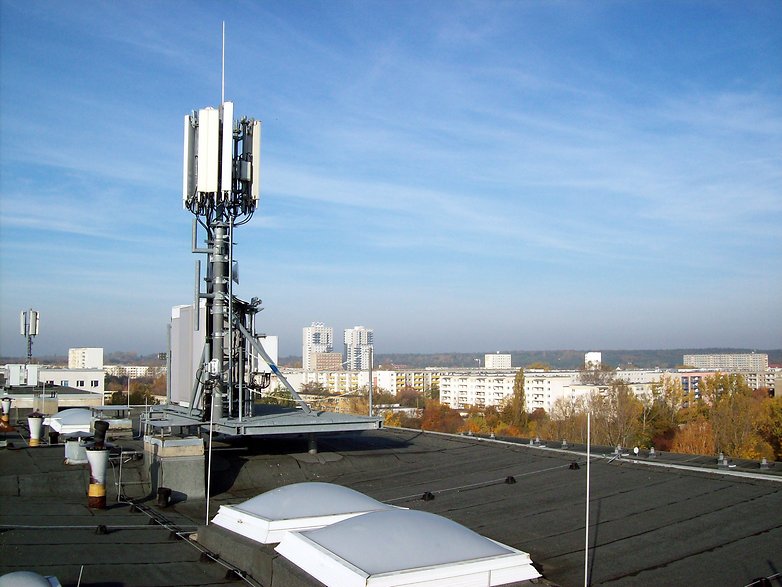Google parent company Alphabet has ended its association with Huawei. This applies not exclusively to Android yet in addition to all other Google apps. In any case, open source software is rejected.
Alphabet in order Inc. has ended all exchange relations with Chinese firm Huawei with prompt effect, as per Reuters news agency. The decision influences all Huawei hardware and software. The world’s second biggest smartphone manufacturer loses prompt access to all updates of the Android operating system. In any case, the parts of the mobile operating system that are under open source licenses are prohibited from the block.
Huawei’s smartphones sold outside China will likewise lose access to other Google apps and services, for example, Play Store and Gmail because of this decision. As per the Reuters source, internal talks are as yet going on about precisely which services are influenced by this block.
Regardless of whether Huawei can at present access the free piece of Android, Google will likely stop all help and further participation with the Chinese manufacturer. There have been no remarks made by Huawei or the US Department of Commerce up until now.
The background to the choice is a decree issued by US President Donald Trump. This not just prevents US companies from purchasing hardware for 5G network extension from companies, for example, Huawei. On a fundamental level, the blacklist prohibits all exchange relations with Huawei. The US government blames the smartphone maker and mobile network of spying for the Chinese government. Huawei rejects these allegations rigorously. Most as of late, the company said that CEO Ren Zhengfei would disintegrate Huawei if the Chinese government at any point demanded it keeps an eye for its sake.
In March, Huawei’s smartphone boss Richard Yu let it be realized that he had his own operating system for possible later use. In the event that a situation ever arises in which other operating systems (like Android) can never again be used, be prepared. Presently, Huawei may really have to fall back without anyone else OS.
Google makes a statement
In the interim, Google has made it clear by means of Twitter that this confinement does not influence existing Huawei devices. The Play Store and Google Play Play Protect will keep on taking a shot at these smartphones.
Qualcomm, Intel and more follow Google
Yesterday evening, the news that Google had finished trade relations with Huawei drummed up a buzz. It has now turned out to be known that other numerous US companies are likewise planning to cut ties with the Chinese manufacturer.
Chip manufacturers, for example, Intel, Qualcomm, Xilinx, and Broadcom are said to have effectively informed employees inside that Huawei will not be supplied for the time being, as indicated by the company sources. This further underestimates the world’s biggest provider of network hardware and the second biggest smartphone provider after it was a boycott by the Trump administration on Friday.
Qualcomm gives Huawei with processors and modems for its smartphones, while Intel is its primary supplier of server chips. Xilinx sells programmable network chips and Broadcom is a provider of switching chips. A considerable lot of components are likewise important for the development of the 5G network. Representatives of the chip manufacturers, be that as it may, have so far rejected a statement.
Also Read:
-
Google is Bringing Back the Android Distribution Dashboard, Says Pie is on 10% of Devices
-
Samsung Patent Reveals its Next Foldable Smartphone will be a Huawei Mate X Copycat
-
Gmail on Android Gets Google Tasks Integration in the Most Recent Update
How long will Huawei’s reserves last?
In anticipation of the present suspension of exchange relations, Huawei is supposed to have been stockpiling chips and other significant components since mid-2018, in the meantime design its own chips. In any case, this stock is just supposed to last a maximum of three months. The Huawei administration, however, expects that this will be adequate to resume trade relations with the USA in the important areas.
How do you say we settle this exchange war? Let us know in the remarks.


